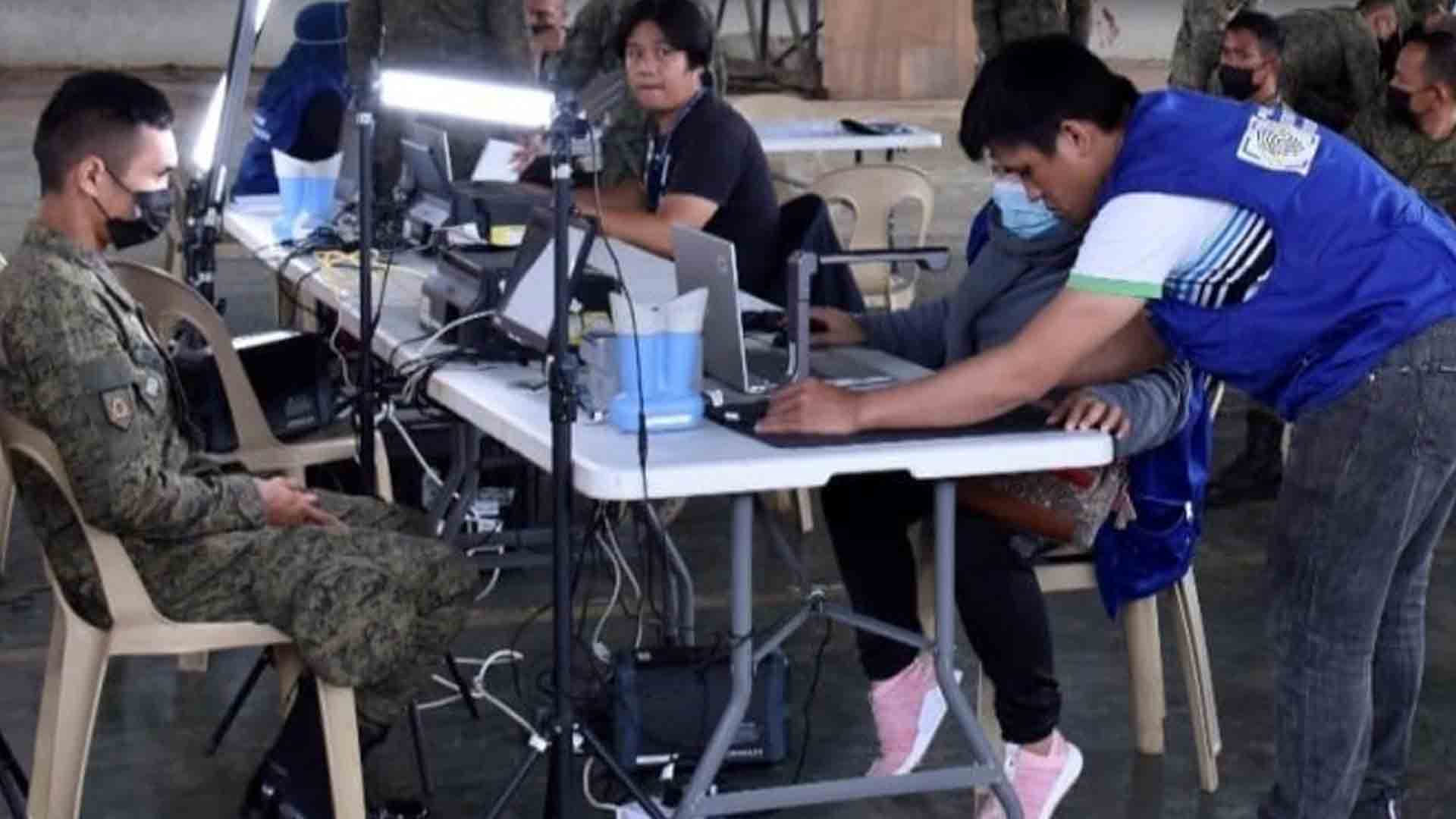Three provinces and a city in the Bangsamoro Autonomous Region in Muslim Mindanao (BARMM) are among the latest areas where the Philippine Statistics Authority (PSA) opened online booking for the Philippine Identification System (PhilSys) Step 2 process.
Marawi City in Lanao del Sur; Cotabato City, Datu Odin Sinsuat, Datu Abdullah Sangki, and Matanog in Maguindanao; and Jolo, Sulu began accepting appointment on September 6, and Isabela City, Lamitan City, and Sumisip in Basilan; and Parang, Sulu on September 28.
The Step 2 registration validates the demographic data submitted online and gathers biometrics, such as photographs, fingerprints, and iris scans.
A total of 30,043,249 Filipinos have completed their Step 2 registration as of September 9.
The PSA said online registration and booking for PhilSys would help ramp up the number of registrants to meet the targeted 70 million to sign up for a national ID.
“Online booking of appointments is part of PSA’s strategy to ensure that a manageable number of registrants visit a registration center at any time during operating hours, in compliance with health and safety standards of the Department of Health and Inter-Agency Task Force. PSA strongly advises the registrants to follow their chosen schedule to avoid problems with their registration,” the PSA said in a statement posted on September 27.
The booking system will avoid mass gatherings, one of the policies set by health authorities due to the persisting pandemic.
As of September 24, the Philippine Post has 5,024,018 Philippine Identification (PhilID) cards ready for delivery, aside from the 1.9 million already handed door-to-door.
Signed into law by President Rodrigo R. Duterte in August 2018, Republic Act 11055, or the Philippine Identification System Act, aims to establish a single national ID for all Filipinos and resident aliens.
The national ID shall be a valid proof of identity that shall be a means of simplifying public and private transactions, enrollment in schools, and the opening of bank accounts.
It also seeks to boost efficiency, especially in dealing with government services where people will only need to present one ID during transactions. (PNA)






















